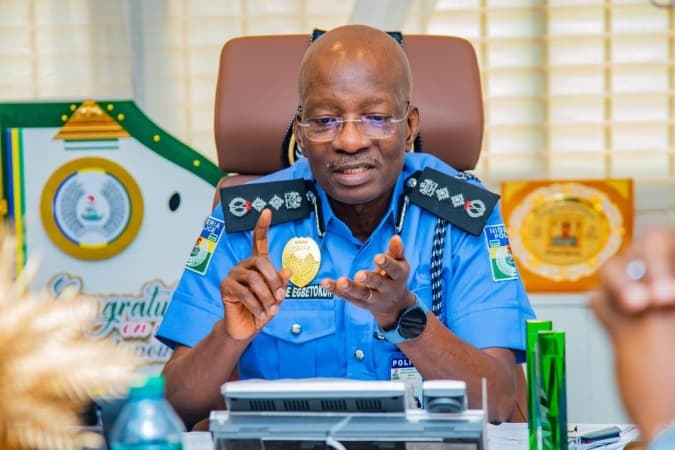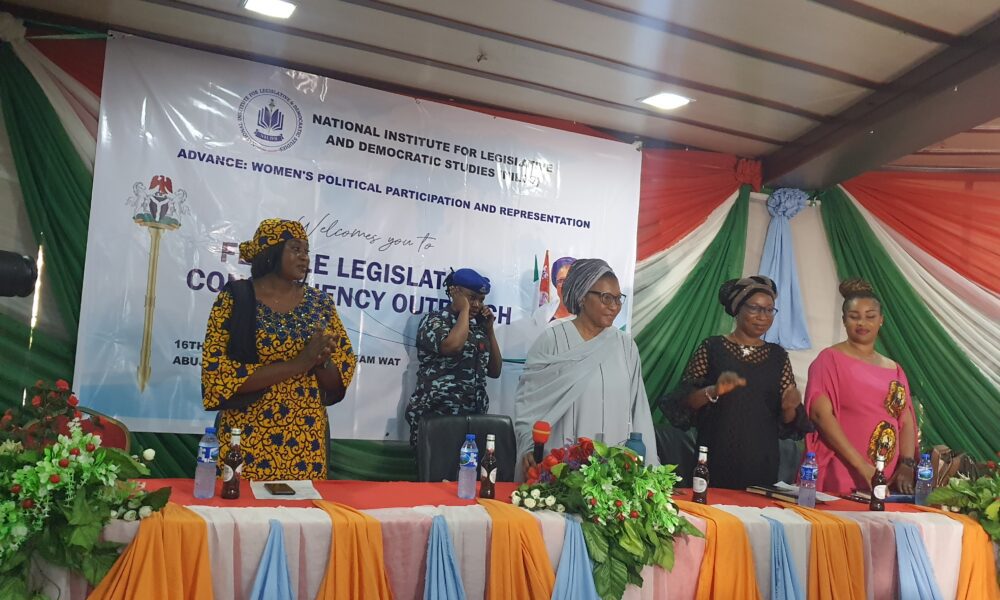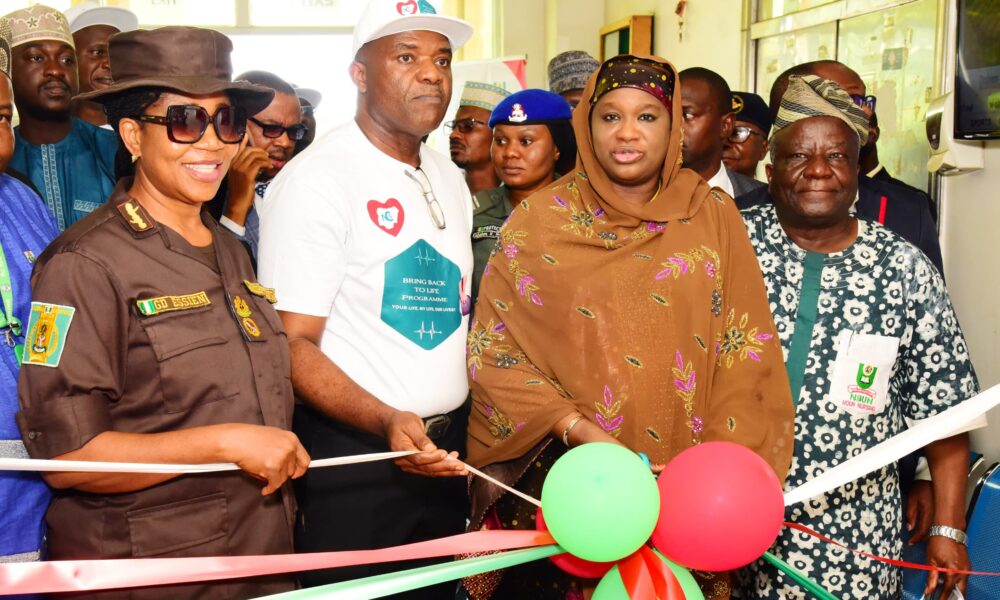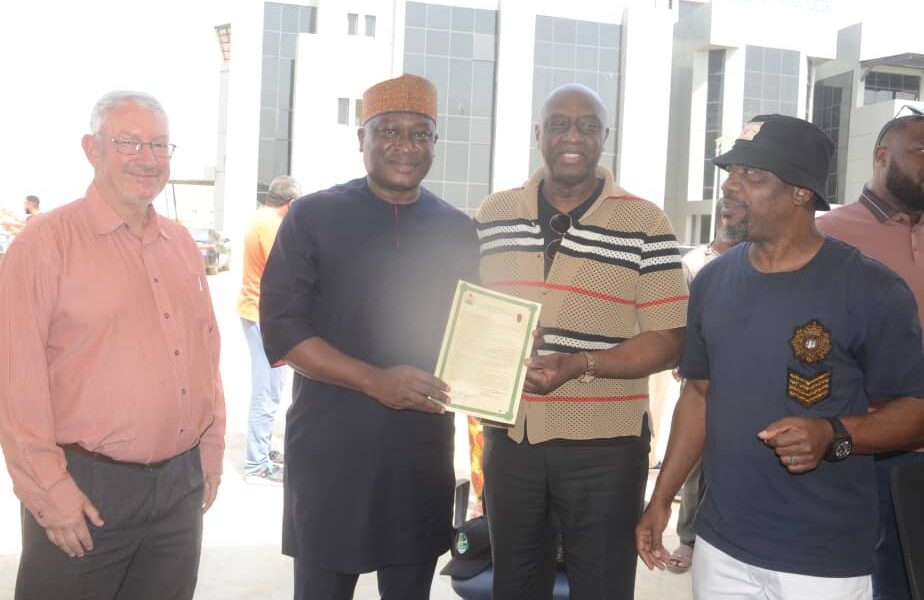A civil rights organization, the Initiative Against Human Rights Abuse and Torture (INAHURAT), has called on President Bola Tinubu to launch a comprehensive investigation into the alleged illegal detention of a Rwandan businessman, Benjamin Hassan Rulisa, who was reportedly held for over six months without trial by Nigerian police officers.
At a press conference in Abuja, INAHURAT’s Director, Chief Maxwell Chibuike Opara, detailed the circumstances surrounding Rulisa’s ordeal, describing it as a blatant violation of human rights. According to Opara, Rulisa met a Nigerian associate, Muhammad Abba, in Nairobi, Kenya, in March 2023. Following a business acquaintance, Abba invited Rulisa to Nigeria. Upon his arrival, Rulisa was lodged in a hotel in Maitama, Abuja, where officers from the Police Monitoring Unit reportedly arrested him without explanation.
Opara, a human rights lawyer, alleged that Rulisa was subsequently detained in an underground cell at the Intelligence Response Team (IRT) facility. During his detention, he was allegedly subjected to inhumane treatment, including severe torture, being hung upside down by his legs, and denied access to his family or legal representation.

The civil rights group claimed that despite repeatedly asking for the reason behind his arrest, Rulisa was only told that he had “duped someone.” No formal complaint, evidence, or legal charge was presented against him. Opara further alleged that officers demanded money from Rulisa’s relatives, threatening that he would die in custody if they did not comply.
“When it became clear that neither the detainee nor his family would pay, he was completely abandoned in detention, with no access to due process as provided by the constitution,” Opara stated.
The group’s director noted that Rulisa’s situation only came to light when a fellow Nigerian detainee, after learning of his plight, informed higher police authorities upon his release. This led to a petition being submitted to the Inspector General of Police (IGP), Kayode Egbetokun, who reportedly had no prior knowledge of the detention. The IGP then ordered the Special Investigation Unit (SIU) to retrieve the case file and conduct an independent investigation.
The SIU’s findings, according to INAHURAT, confirmed that Rulisa had been unlawfully detained, subjected to gross human rights violations, and targeted in an extortion scheme orchestrated by officers of the IGP Monitoring Unit. When the implicated officers realized their misconduct had been uncovered, they allegedly rushed to file baseless criminal charges against Rulisa, supported only by statements from the same officers involved in his torture.
Describing the actions of the officers as an “abuse of power,” Opara called on President Tinubu to ensure a full and independent investigation is conducted to hold those responsible accountable.
“We are calling on the President of the Federal Republic of Nigeria, Bola Tinubu, to order a comprehensive investigation into this case and ensure justice is served,” Opara said. “We are also urging the Inspector General of Police to identify, investigate, and discipline all officers involved in this illegal arrest, detention, and attempted extortion.”
INAHURAT further appealed to the Nigerian judiciary to ensure a fair trial for Rulisa, free from manipulation by corrupt officials. The group also called on the National Human Rights Commission (NHRC) and international human rights bodies to intervene.
“This case is a serious stain on Nigeria’s image and its commitment to justice, fairness, and the rule of law,” Opara emphasized. “It is even more concerning that a foreigner conducting legitimate business in Nigeria could be subjected to such treatment. If this can happen to a foreign investor, it raises serious concerns for the safety and security of other foreigners in Nigeria.”
INAHURAT concluded by demanding immediate justice for Mr. Rulisa and the prosecution of all officers involved in his alleged unlawful detention and abuse.




